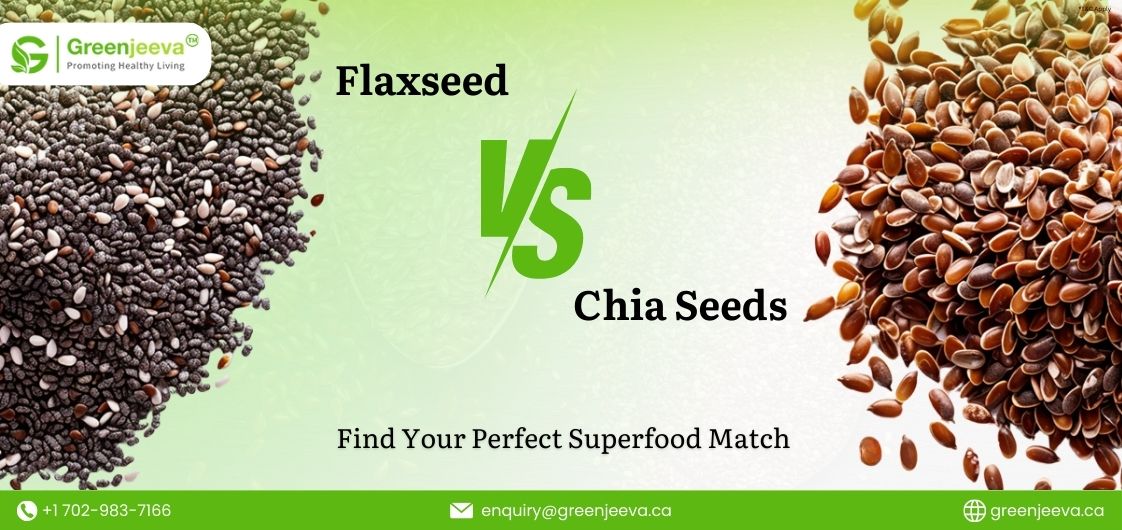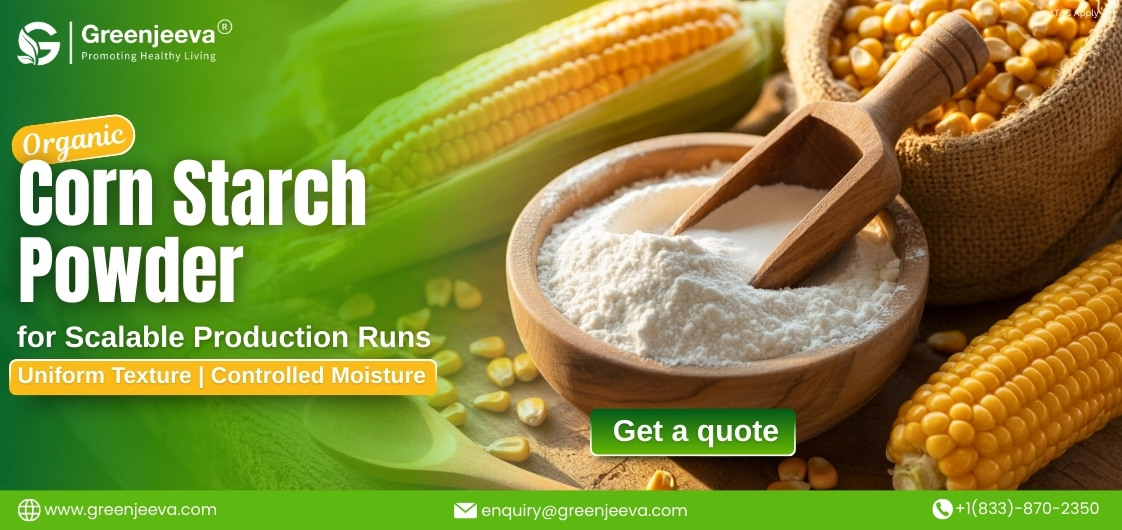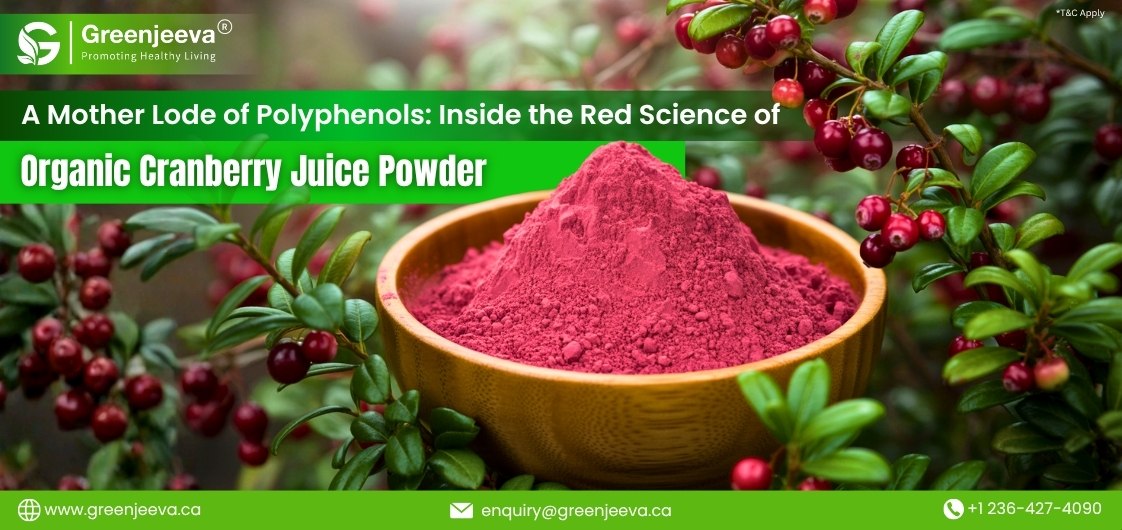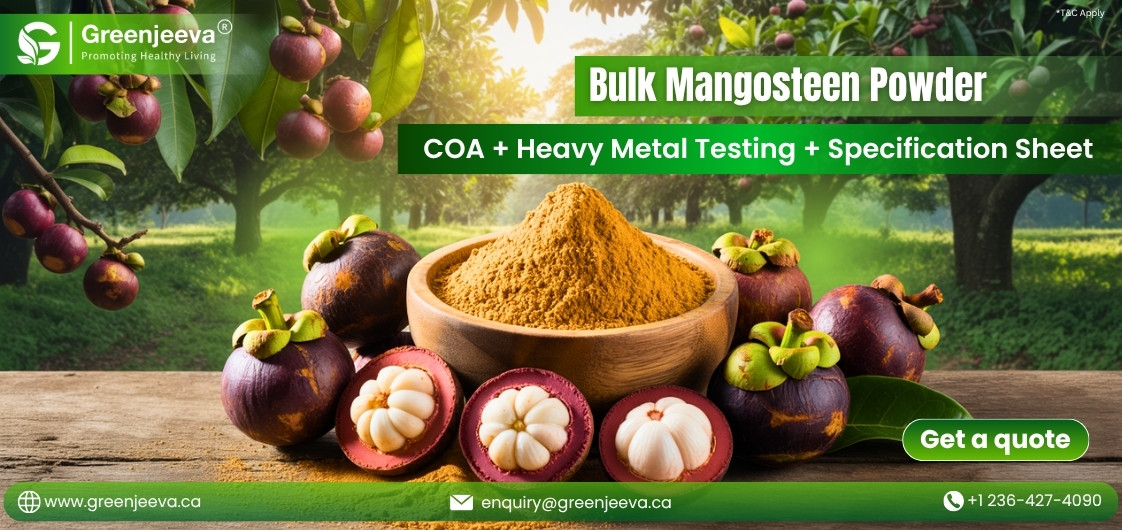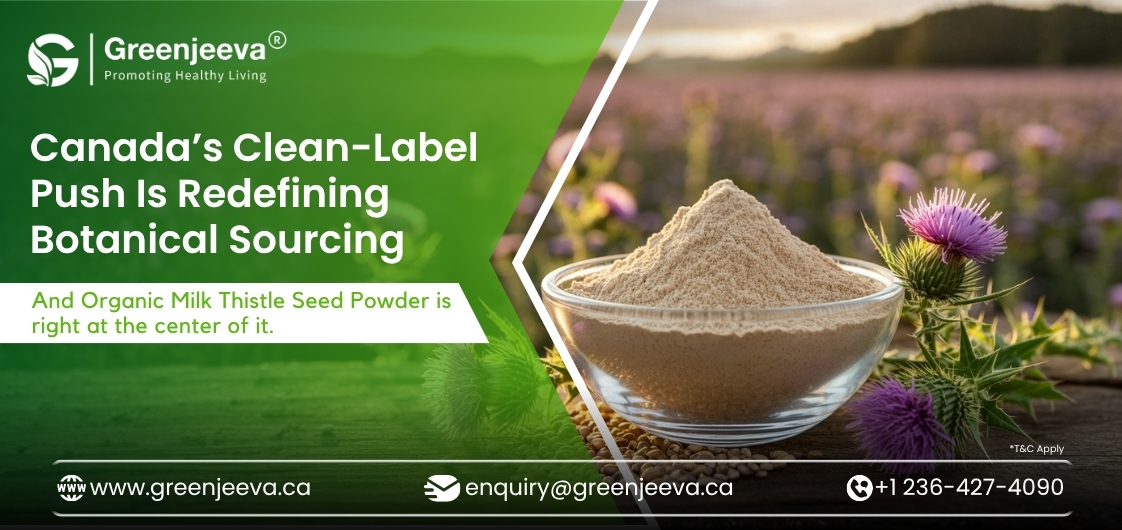Flaxseed and chia seeds are two of the most popular superfoods today, celebrated for their exceptional nutritional profiles. Both pack a punch with Omega-3 fatty acids, fiber, and essential nutrients, but which one is better? This guide dives into their benefits, differences, and how to incorporate them into a healthy lifestyle.
The Nutritional Powerhouses Compared
When comparing flaxseed and chia seeds, their similarities are striking. Both are rich in nutrients like protein, fiber, and essential fatty acids, making them invaluable in plant-based diets. However, subtle differences in nutrient concentration and versatility set them apart.

Flax Seed vs Chia Seeds – a nutritional breakdown.
Flax Seed Benefits You Should Know
Flaxseeds are a nutritional goldmine. Known for their high levels of Omega-3 fatty acids, they may support heart health, may reduce inflammation, and promote bodily function. Flaxseeds also contain lignans, plant-based compounds with antioxidant properties that contribute to overall wellness.
Chia Seeds: The Tiny Powerhouse
Chia seeds are loved for their incredible ability to absorb water, forming a gel-like consistency that aids digestion and hydration. Packed with fiber, they support gut health, may stabilize blood sugar levels, and keep you feeling full longer. Additionally, they offer a comparable dose of Omega-3 fatty acids to flaxseeds.
Flaxseed Oil vs. Whole Flax Seeds
Flaxseed oil is an excellent source of concentrated Omega-3s but lacks the fiber found in whole flaxseeds. It’s ideal for drizzling over salads or adding to smoothies. On the other hand, whole flaxseeds provide both fiber and healthy fats, offering a dual benefit for digestion and health.
Digestibility: A Key Difference
Flaxseeds need to be ground for better absorption, while chia seeds are easily digestible in their natural form. This difference can influence convenience for those seeking a quick nutrient boost. Grinding flaxseed unlocks its full potential, ensuring the body absorbs its powerful nutrients effectively.
Which is Better for Omega-3 Fatty Acids?
Both flaxseed and chia seeds are excellent sources of Omega-3 fatty acids, but flaxseed edges ahead with a higher concentration of alpha-linolenic acid (ALA), a plant-based Omega-3. For those prioritizing health, flaxseed may be the better option.
Fiber and Digestion: A Shared Benefit
Both seeds are fiber-rich, promoting digestive health and aiding in weight management. Chia seeds have a slight advantage in soluble fiber content, making them excellent for hydration and gut health. Flaxseeds, with their insoluble fiber, excel in supporting regularity.
Protein Content: A Nutritional Tie
When it comes to protein, both seeds deliver similar amounts, making them great for vegetarians and vegans. Protein supports muscle health, energy levels, and overall vitality, reinforcing the superfood status of both flaxseed and chia seeds.
How to Use Flaxseed and Chia Seeds
– Flaxseed: Sprinkle ground flaxseed over oatmeal, mix into baked goods, or blend into smoothies.
– Chia Seeds: Soak in water or milk for a nutrient-dense pudding, add to drinks, or use as an egg substitute in vegan recipes.
Sustainability and Availability
Both seeds are environmentally friendly crops, but flaxseed is more widely available in oil form, making it versatile for cooking and skincare. Chia seeds, on the other hand, are often found in whole or pre-soaked options, perfect for on-the-go recipes.
What Should You Choose?
The decision between flaxseed and chia seeds ultimately depends on personal health goals. For a higher Omega-3 intake, flaxseed is the winner. If hydration and gut health are priorities, chia seeds excel. Incorporating both into a balanced diet ensures a well-rounded nutritional boost.


